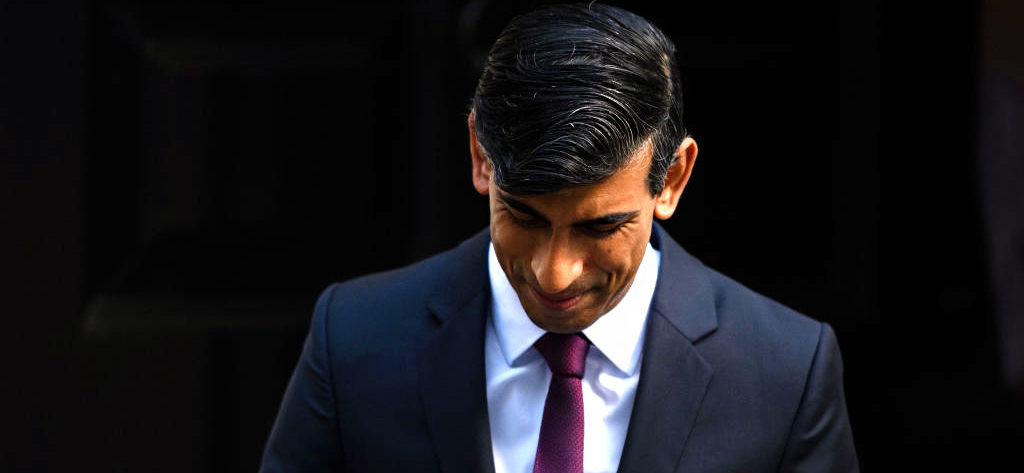Chancellor Rishi Sunak will be rolling out plans to regulate cryptocurrency markets in the coming weeks, according to Treasury sources. The regulations will be focused on so-called ‘stablecoins’ — cryptocurrencies that aim to anchor their value to either other currencies, or to commodities like oil or gold.
When approaching all things crypto it always makes sense to strip things right back to basics. What are the key functions of money? There are two: money is a means of exchange and a store of value. Crypto has always sold itself as an innovation in both functions of money.
As a means of exchange, crypto offers anonymity that conventional currencies do not. As a store of value, crypto enthusiasts pointed to the limited supply of coins which they said would make it a more reliable store of value than fiat currencies, whose potential supply is infinite.
I have long been sceptical of the latter claim. Crypto, at least in its first iteration, was always more likely to become a highly volatile speculative asset than it was to become a stable store of value. But I have never doubted that blockchain technology offers users privacy. Crypto sceptics like myself simply assumed that standard currencies were private enough for any transactions that were not criminal.
The latter assumption can no longer hold, however. Our fiat currencies are diminishing in trustworthiness both internally and externally. Internally, the surveillance powers unleashed by the COVID-19 lockdowns, most famously in Canada, have made people paranoid. Externally, the freezing of Russia’s foreign exchange reserves and their exclusion from the SWIFT system have made foreign governments wary.
Money ultimately rests on trust in the money issuer. In the past that trust was based on whether the authorities would debase the coinage. Today that trust is based on whether the authorities will use the monetary system for ends that have nothing to do with allowing smooth economic transactions. The more the users of money see the authorities utilising the monetary system for other ends, the lower the trust in the money itself and the more likely they will turn to alternatives.
This brings us back full circle to Sunak’s announcement. While crypto regulations have been in the pipeline for a long time, it is surely no coincidence that the announcement comes after a week of speculation on Wall Street and even amongst top IMF officials that the US dollar might not be the world’s reserve currency for much longer. The British government clearly wants to make sure that monetary anarchy does not emerge.
But regulations are unlikely to do this. Just as Wall Street always innovates faster than the regulators can regulate, crypto technology will always run rings around the regulators. You cannot simply ban alternative moneys. That is not the way the economy works — either in the digital era or in the era of gold and silver coinage. To make the public use your money you must prop up trust in that money.
If the British government are concerned about potentially anarchic developments in the monetary system — and they should be — they must put more effort into convincing the public that normal payments systems are secure and private, and convincing foreigners that the monetary system will not be weaponised for political ends.











Join the discussion
Join like minded readers that support our journalism by becoming a paid subscriber
To join the discussion in the comments, become a paid subscriber.
Join like minded readers that support our journalism, read unlimited articles and enjoy other subscriber-only benefits.
Subscribe